To have done this State some service is how most of those at senior level in the public service would like to be remembered. However, it is an accolade afforded to very few. When I was studying economics in college in the late 1970s, the name Ken Whitaker was already in our text books. He was the man who – along with Sean Lemass – pulled Ireland out of the backward-looking self-sufficiency model that Éamon de Valera had mired the country in for years.
A lot has been said about the dark days of the 1950s when the population dipped below three million people and every family was blighted by emigration. Indeed, my own father and his sister had gotten as far as filling in emigration documents for Canada but changed their minds and stayed.
The early 1960s offered great promise and hope and the country was blessed with a group of public servants whose intellect and sheer common sense shaped policy for the following four decades and more. There was Whitaker and Michael Killeen, who made huge strides with the IDA in attracting foreign direct investment to Ireland. The strategies developed by the IDA were to be envied and copied by many other countries. Brendan O’Regan of Shannon Development was another pioneer and the result of his work is still seen today.
The midwest was also blessed with the arrival to Limerick at the end of the 1960s of a young engineer charged with developing a technical university along the lines of the Massachusetts Institute of Technology (MIT) in the region. Love him or loathe him, the one thing you could never accuse Ed Walsh of is group think. I can still see him striding at speed through the corridors of the new college, which was doing lots of things differently. UL, or NIHE as it was then, pioneered grade-credited work placement for every undergraduate – something that most colleges take for granted today. Ed Walsh didn’t wait around. He was one of the first college heads to look outside the country and he secured funding from Chuck Feeney’s Atlantic Philanthropy among others.
Then there was Donagh O’Malley, the Fianna Fáil minister for education. His solo run on introducing free secondary education for all was, in my opinion, the single most important piece of government policy enacted since the foundation of the State. Once announced, the speed with which the policy was put in place was mind-blowing. It wasn’t just school places and teachers that had to be found, but the school bus system and the books scheme all had to be resourced. Let us remember that it’s still such a short time ago since this happened.
Now we face new challenges but who are the innovators driving public policy – policy that will make a difference to the lives of ordinary people? Who and where are the Whitakers, Killeeens, O’Regans, O’Malleys and Walshes of today?
The list of challenges never ends and it’s how they are dealt with that shapes a country. That task falls to the few rather than the many and we can only hope that the pioneers of past decades have their equals in the corridors of power today.



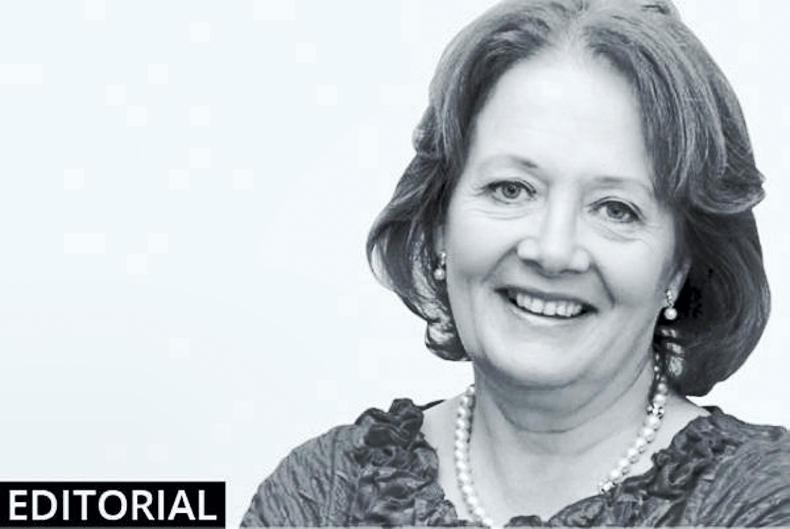
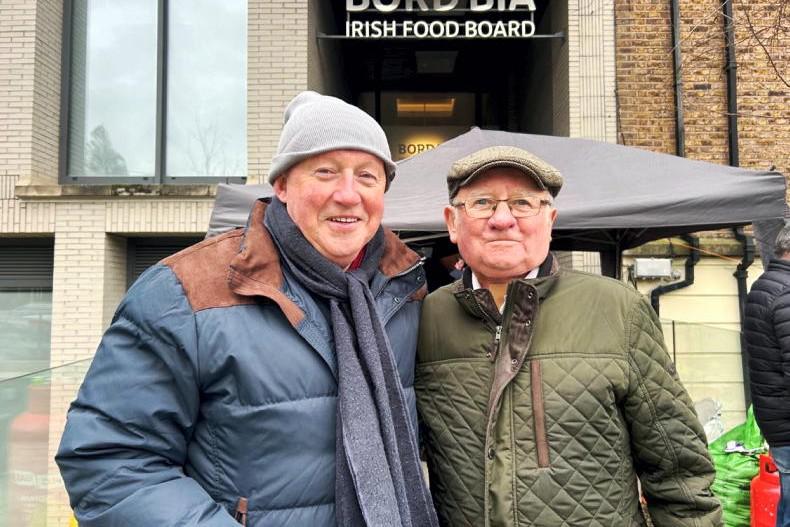
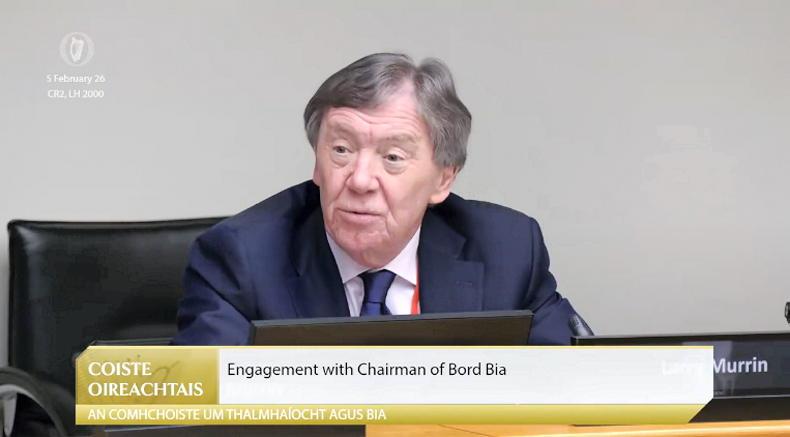
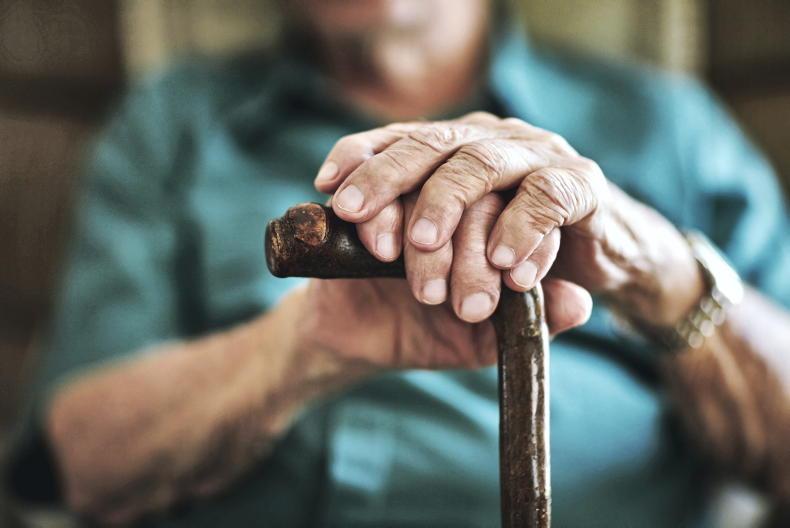
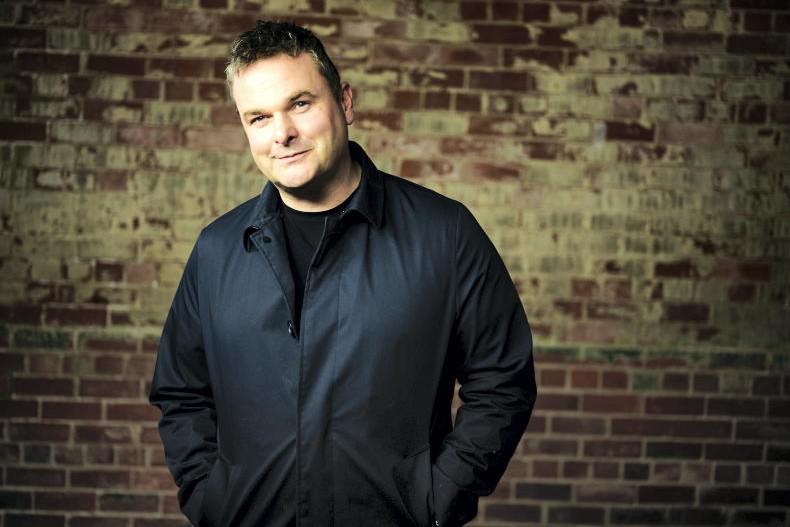
SHARING OPTIONS